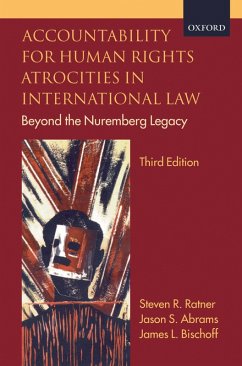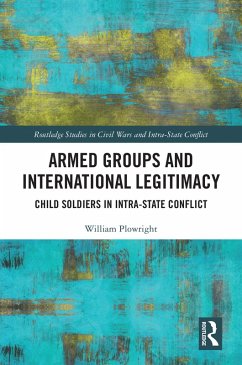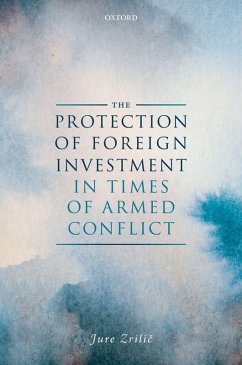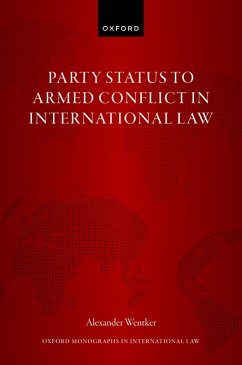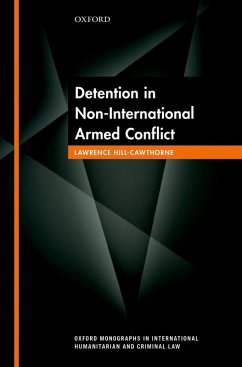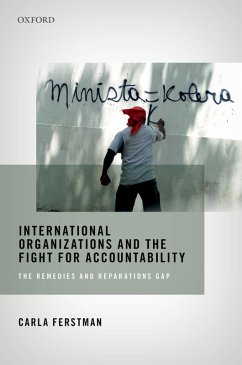
The Accountability of Armed Groups under Human Rights Law (eBook, ePUB)
Versandkostenfrei!
Sofort per Download lieferbar
46,95 €
inkl. MwSt.
Weitere Ausgaben:

PAYBACK Punkte
23 °P sammeln!
Today the majority of the armed conflicts around the world are fought between States and armed groups, rather than between States. This changed conflict landscape creates an imperative to clarify the obligations of armed groups under international law. While it is generally accepted that armed groups are bound by international humanitarian law, the question of whether they are also bound by human rights law is controversial. This book brings significant new understanding to the question of whether and when armed groups might be bound by human rights law. Its conclusions will benefit internatio...
Today the majority of the armed conflicts around the world are fought between States and armed groups, rather than between States. This changed conflict landscape creates an imperative to clarify the obligations of armed groups under international law. While it is generally accepted that armed groups are bound by international humanitarian law, the question of whether they are also bound by human rights law is controversial. This book brings significant new understanding to the question of whether and when armed groups might be bound by human rights law. Its conclusions will benefit international law academics, legal practitioners, and political scientists and anthropologists working on issues related to rebel governance and civil wars. This book addresses the debate on this topic by employing a theoretical, historical, and comparative analysis that spans international humanitarian law, international criminal law, and international human rights law. Embedding these different perspectives in public international law, this book brings several key points of clarification to the legal framework. Firstly, the book draws upon social science literature on armed conflict to present a new viewpoint on the role that human rights law plays vis-à-vis international humanitarian law in non-international armed conflicts. Secondly, the book sheds light on the circumstances in which armed groups acquire obligations under human rights law. It brings illumination to these topics by combining historical and comparative research on belligerency, insurgency, and international humanitarian law with a theoretical analysis of legal personality under international law. In the final part of the book, the author tests the four most utilised theories of how armed groups are bound by human rights law, examining whether armed groups can be bound by virtue of (i) treaty law (ii) control of territory (iii) international criminal law and (iv) customary international law. In the book's conclusions, the author presents final remarks that are designed to provide concrete guidance on how the issue of armed groups and human rights law can be dealt with more thoroughly in practice.
Dieser Download kann aus rechtlichen Gründen nur mit Rechnungsadresse in A, B, BG, CY, CZ, D, DK, EW, E, FIN, F, GR, HR, H, IRL, I, LT, L, LR, M, NL, PL, P, R, S, SLO, SK ausgeliefert werden.




